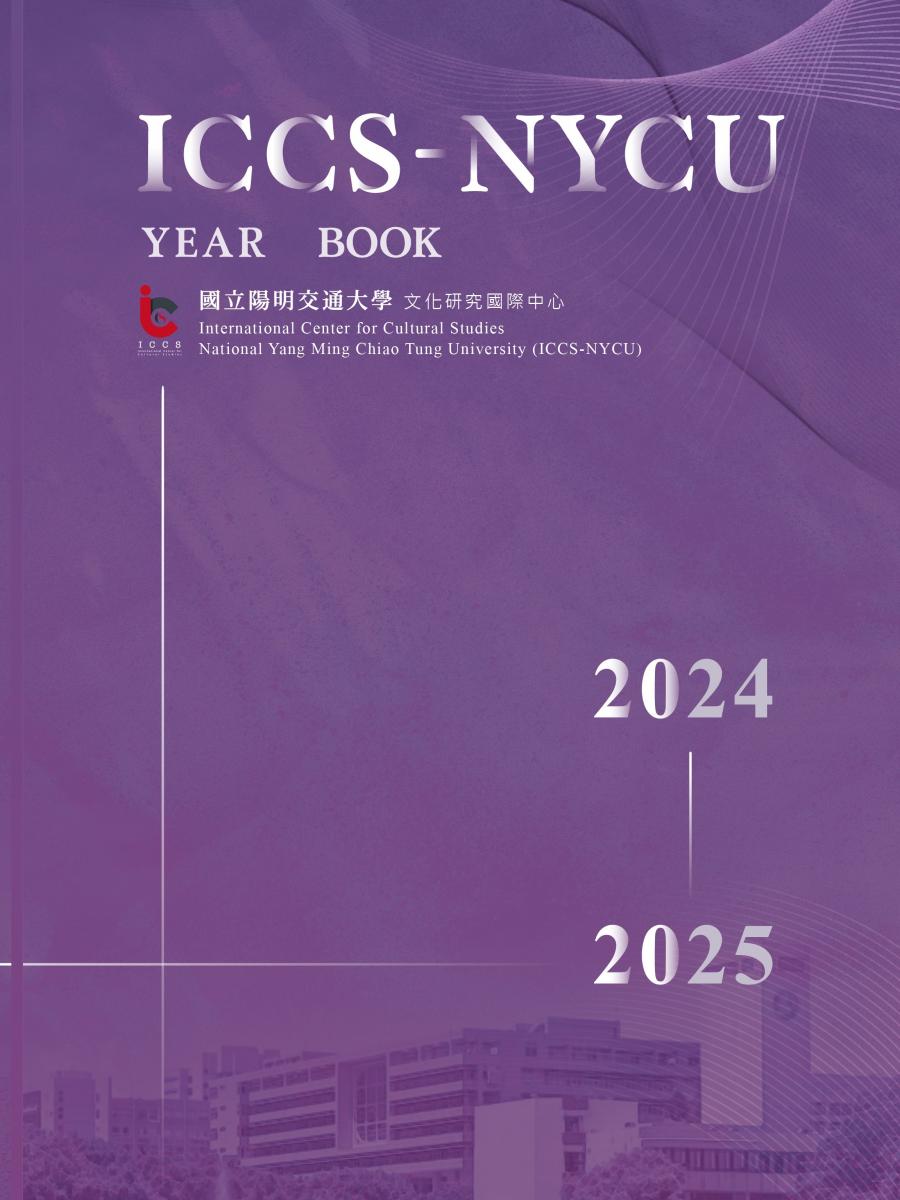


VOP Issue 35:AI Generation: The World as Data
Publication Date|2023-10-01
Authors|Wei-I Lee
Press|VOP BOOKS
Voices of Photography|https://vopmagazine.com/about/
Volume Link|https://vopmagazine.com/vop035/
The global interest in “Generative AI” technology is on the rise with no signs of slowing down. Media theorist Vilém Flusser foresaw in the last century that the structure of the emerging society would increasingly resemble that of a brain, and the technological images, as “the secretion of the global nervous system, the dreaming of a superbrain”, have now come into fruition, fulfilling the conditions for a cybernetical control of the global brain. However, at this juncture when the world is welcoming the era of ‘post-photography’, there remain questions. Borrowing from Flusser’s vision, human beings have yet to reach the stage where they are able to fully and truly create with AI. Instead, we are controlled by a relatively primitive version of AI that has not been properly understood, and therefore not properly installed. This constitutes our contemplation and challenge here.
This issue features interviews with various artists and a look at their practices. Trevor Paglen intercepts the process by which machines ‘sees’ through a self-constructed data system, and examines the inherent politics of visual technology and the cognitive blind fields with regard to AI algorithms, as well as the invisibility of our everyday lives that has been readily quantified. Nora Al-Badri turns her attention to the black box operation and invasive nature of machine learning. With Iraqi background, she generated new digital ‘artifacts’ using materials she scrapped online (as her formal application was rejected) from the local Babylonian tangible cultural heritage collection hosted by various museums as training data for the neural network, hence becoming in itself a display of plundering throughout the history of imperialism and the ongoing archival hegemony. As a reflection on the efficient data extraction and interpretation by existing AI databases, Anna Ridler chooses to generate imagery using her own dataset that she created through complex ways of data gathering and archiving as a demonstration of the close-knit yet concealed relationship between ‘data’ and the world. Ahn Jun questions the AI’s ‘self’ consciousness and image construction, and tries to break through to the blocked prompts in the image generator, thus forcing the AI to respond to its inherent problems in the form of visuals: the rear view of thin bodies, bizarre self-portraits and beautiful rooms unknown to any.
In this issue’s featured articles, Hito Steyerl’s analysis suggests that imagery generated from machine learning is but a product of data populism, or a ‘mean image’ as she coins it, that simplifies, compresses and averages out the diversity and value differences that the world offers, while ‘artificial intelligence’ is in reality a new form of exploitation, targeting the ‘workers intelligence’ of the people to whom the work is outsourced. Hui Yuk reflects on the debate that humans would be replaced by automation, fueled by the recent rise of ChatGPT, and advocates for a human-machine relationship in which AI technology assists and liberates humans rather than engaging in adversarial competition, thereby putting a stop to the tendency to anthropomorphize or mystify the machines, and hence dismiss the self-fulfilling eschatology prophecy. Joanna Zylinska takes on the post-human perspective and proposes breaking down the clear distinction between humans and machines, calling for a recalibration of machine ‘creativity’ into the computational nature of human creativity. At the same time, she warns that the current AI art wave heavily funded by the tech giants is but a manifestation that is in service of neoliberalism.
As machine mediated images, looking back at the birth of the first photographic image in the 1820s, that blurry, dream-like window scene creates a similar interest that we see today with AI-generated imagery. Hsu Chun-Yi explores the historical passage between photochemical mechanical reproduction and digital image rendering, photo libraries and datasets, revealing a dream that is void of humans and deeply embedded in the automatic production of machine imagery. Chang Shih-Lun discusses the politics of colors in imagery and the illusion of reality, and the repressed historical complex that is hidden in the mood for nostalgia through the colorization of old photos that has become a trend in recent years. This issue’s ‘Artist’s Showcase’ shines the spotlight on Masashi Mihotani’s work, which are microscopic images of contemporary society through the reproduction of consumer imagery.
Finally, this issue also coincides with the 12th anniversary of Voices of Photography. The world around us is changing ever so rapidly, and this is all the more reason to cherish the time and space we have to think slowly, do slowly and read slowly. A most heartfelt thank you to all our readers.
Contents
崔佛.帕格倫
Trevor Paglen
訪談─許鈞宜 Interview by Hsu Chun-Yi
諾拉.愛爾—包崔
Nora Al-Badri
訪談─謝佩君 Interview by Hsieh Pei-Chun
關於人工智慧──那些你可能看過卻未必熟悉的詞
Artificial Intelligence: Terms You May Have Seen but May Not Know
均值/惡劣的影像
Mean Images
希朵.史戴爾 Hito Steyerl
安娜.瑞德勒
Anna Ridler
訪談─許鈞宜 Interview by Hsu Chun-Yi
早安,約翰:安晙
Good Morning, John: Ahn Jun
訪談─劉安蓁 Interview by Annette An-Jen Liu
生成影像的深度夢域
The Deep Dream Field of Generative Images
許鈞宜 Hsu Chun-Yi
ChatGPT,或機器的末日論
ChatGPT, or the Eschatology of Machines
許煜 Hui Yuk
影像僅供說明之用──三保谷将史
Images are for Illustration Purposes: Masashi Mihotani
訪談─李威儀 Interview by Lee Wei-I
關於懷舊「上色熱」的一些初步思考
Some Initial Reflections on Nostalgic “Colorization Fever”
張世倫 Chang Shih-Lun
AI藝術──機器視覺與變形之夢
AI Art: Machine Visions and Warped Dreams
喬安娜.澤琳斯卡 Joanna Zylinska
近期出版 Recent Publication



